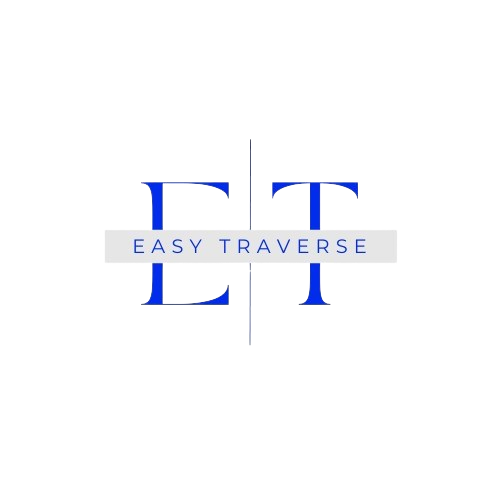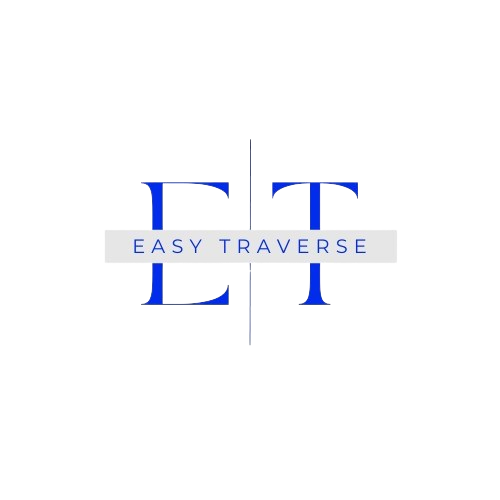Securing a scholarship to study in the USA can be a competitive and complex process, but with proper preparation and strategy, you can increase your chances of success. Here are some essential tips for Nigerian students aiming to secure scholarships for U.S. universities:
1. Start Early
Scholarship applications often require significant preparation, including essays, recommendation letters, and standardized test scores. Start your research and application process at least a year before the intended start date to ensure you meet all deadlines.
- Tip: Many U.S. scholarships have early deadlines, so it’s important to check the specific deadlines for each scholarship.
2. Research Multiple Scholarship Sources
There are various scholarship opportunities available for international students, ranging from university-specific scholarships to government-funded programs and private organizations. Some of the most popular scholarships include:
- Full Ride Scholarships: These cover tuition, living expenses, and sometimes travel expenses.
- Merit-Based Scholarships: Awarded based on academic excellence.
- Need-Based Scholarships: Awarded based on financial need.
- Sports and Talent-Based Scholarships: For students with exceptional athletic or artistic abilities.
- Government Scholarships: Such as the Fulbright Program or Hubert Humphrey Fellowship for graduate students.
- Tip: Explore multiple scholarship platforms like Fastweb, Scholarships.com, and Chegg Scholarships.
3. Maintain a Strong Academic Record
Most scholarships, especially merit-based ones, require strong academic performance. U.S. universities are highly competitive, so a high GPA, good SAT/ACT scores (for undergraduate applicants), or GRE/GMAT scores (for graduate applicants) will significantly improve your chances.
- Tip: Aim for at least a 3.0 GPA, but the higher, the better. For competitive scholarships, aim for a GPA above 3.5.
4. Write a Compelling Personal Statement
Your personal statement or essay is often a critical component of your scholarship application. It allows you to showcase your personality, achievements, and future aspirations.
- Tip: Tailor your essay to the scholarship’s specific focus and be authentic in your storytelling. Highlight why you deserve the scholarship and how it will help you achieve your goals.
5. Secure Strong Letters of Recommendation
Many scholarships require one or more letters of recommendation from teachers, professors, or employers. Choose recommenders who know you well and can speak to your academic abilities, character, and potential.
- Tip: Ask your recommenders well in advance and provide them with your resume, personal statement, and the scholarship details to help them write a personalized letter.
6. Focus on Extracurricular Activities and Leadership
U.S. universities value well-rounded students, so extracurricular activities such as volunteer work, internships, leadership roles, or involvement in student organizations can significantly enhance your application.
- Tip: Include any relevant extracurriculars in your scholarship application to demonstrate your leadership potential, commitment, and work ethic.
7. Proof of Financial Need (If Applicable)
If applying for need-based scholarships, you may need to provide proof of your financial need. Documents such as family income statements, bank statements, or affidavits may be required.
- Tip: Be honest about your financial situation and gather the necessary documents early.
8. Prepare for Standardized Tests
Many U.S. scholarships require standardized test scores, such as the SAT/ACT for undergraduates or the GRE/GMAT for graduate students. These scores are crucial for scholarships, particularly merit-based ones.
- Tip: Prepare well in advance for the exams, take practice tests, and aim for high scores. Consider test prep resources like Khan Academy or professional tutoring services.
9. Apply for Multiple Scholarships
Don’t limit yourself to just one scholarship. Applying to multiple scholarships increases your chances of success. Many scholarships are designed for students from specific countries or fields of study, so you have many opportunities to explore.
- Tip: Keep track of your applications and deadlines using a spreadsheet or calendar.
10. Consider Regional or Subject-Specific Scholarships
Some scholarships are tailored to specific regions, fields of study, or demographics. For example, there are scholarships specifically for students from Africa or Nigeria, or for students pursuing fields like STEM, business, or the arts.
- Tip: Research regional or field-specific scholarships to increase your chances of being awarded funding.
11. Be Aware of Scams
Scholarship scams are unfortunately common. Be cautious of scholarships that require an application fee or promise guaranteed funding in exchange for money.
- Tip: Only apply to scholarships from trusted sources, such as government organizations, reputable universities, and well-known scholarship programs.
12. Keep Your Documents Organized
Make sure all the documents you need for your applications, such as transcripts, standardized test scores, recommendation letters, and financial documents, are organized and ready to submit when required.
- Tip: Create a checklist for each scholarship and ensure all documents meet the scholarship’s criteria.
13. Apply for State and Federal Financial Aid (for U.S. Residents)
If you are already a U.S. resident or have legal status in the country, you may qualify for state or federal financial aid programs such as Pell Grants or Federal Work-Study.
- Tip: Fill out the FAFSA (Free Application for Federal Student Aid) as early as possible to ensure you don’t miss out on these opportunities.




